Gender equity and next generation in focus at CISAC creator council CIAM’s annual General Assembly in Mexico City
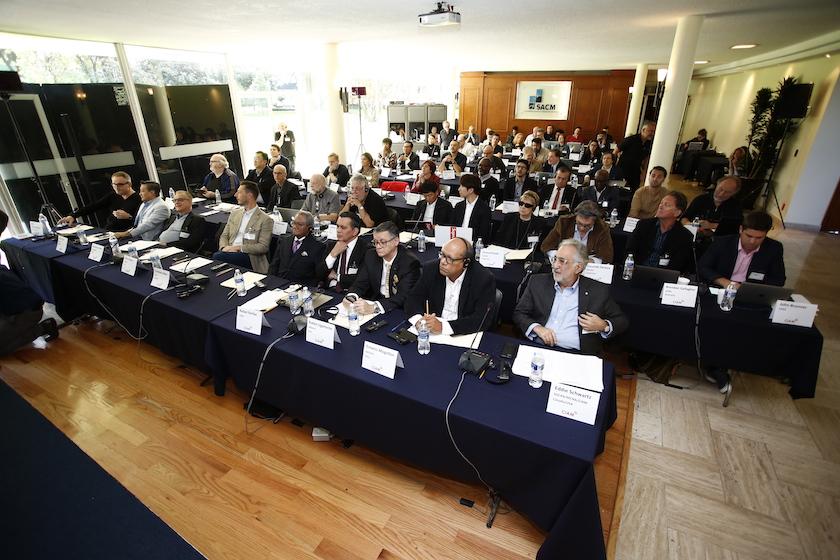
Hosted by CISAC member society SACM, the International Council of Music Creators (CIAM) held its general assembly. The CISAC music creators council put the spotlight on building cooperation and understanding between music creators as well as its continental alliances. CIAM is the unified global voice of music creators, supporting CISAC by amplifying lobbying and educational activities through the music community on a global and regional level.
SACM welcomed the CIAM General Assembly as well as its Executive Committee and a joint ALCAM and MCNA meeting prior to the congress, bringing creators from all the Americas together.
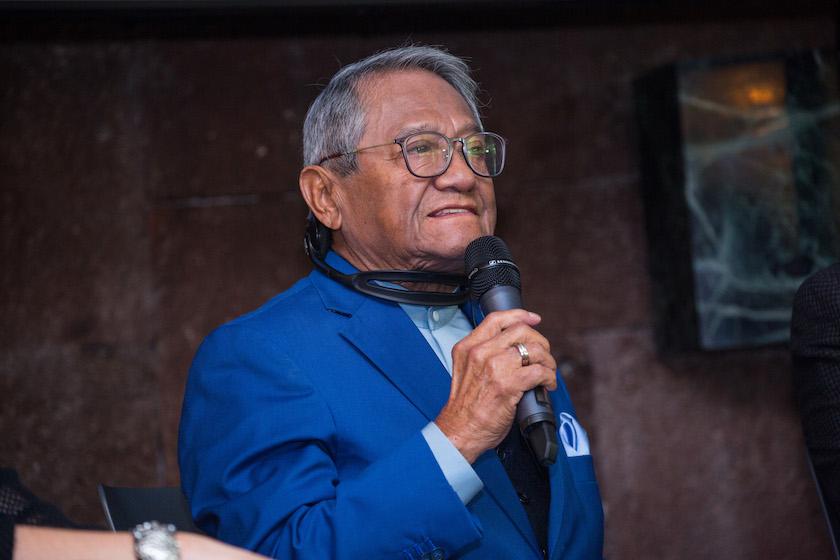
The assembly brought a set of new approaches called CIAM 3.0 into the forefront, focusing on reaching the next generation of creators, increasing gender equity and diversity, reinforcing CIAM’s continental alliances as well as maintaining creators as central to collective management organisations in the future.
After a welcome from CISAC Board Chair Eric Baptiste and CISAC Director General Gadi Oron, CIAM President Eddie Schwartz, introduced celebrated Mexican composer and SACM President Armando Manzanero who welcomed music creators from over 30 countries. Manzanero said, “The feeling of composers throughout the world is the desire to make music, but also to be fairly reimbursed. We have to face all that has to do with new technology that I, as a composer, find exceedingly difficult to do.” He then called upon people in the room to “use half of your heart and half with technology” in order to support music creators and copyright.
See the photo gallery.
ASCAP CEO Beth Matthews delivered a keynote, drawing attention how creators today can have their content distribute “at large”. She underscored that CISAC has been instrumental in keeping the sector together, notably on transfer of value. CISAC has been a key player in the global campaign regarding the uneven playing field created by the use of copyrighted works made available to the public by digital intermediaries without obtaining the proper copyright licenses for the content and without remunerating fairly the creators.
Matthews cited chief concerns of music creators, which including challenges posed by artificial intelligence and blockchain, that have the potential to effect creators’ ability to make a living.
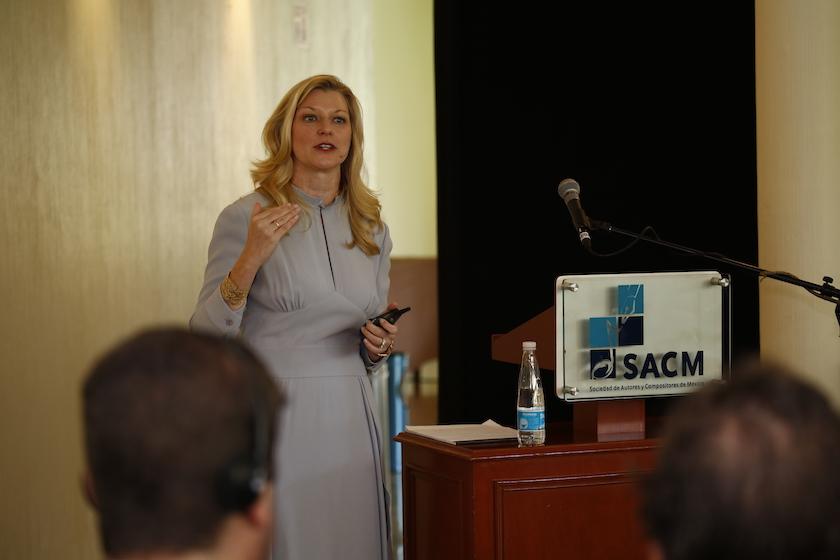
In regard to gender equity, CIAM held a panel to examine the topic. During which, the previous CISAC General Assembly Women@CISAC panel and 5-point action plan from Warsaw was discussed. In Mexico, panellist Felicity Wilcox of AGSC urged all to actively seek and see the work of women to help bring it into the mainstream. This visibility needs to become conscious and sustained.
Increasing the presence of female creators for music shows also has been essential to making a social impact in Spain. Natalia Vergara of SGAE pointed this out as well as the need of having data to demonstrate the social impact that females have in music. Another solution was to increase diversity of boards, according to Damhnait Doyle, newly elected board member of Canadian CMO, SOCAN. Magdalena Mattey of SCD in Chile noted that another problem persists with mass media, which makes it difficult for women creators’ works to be disseminated.
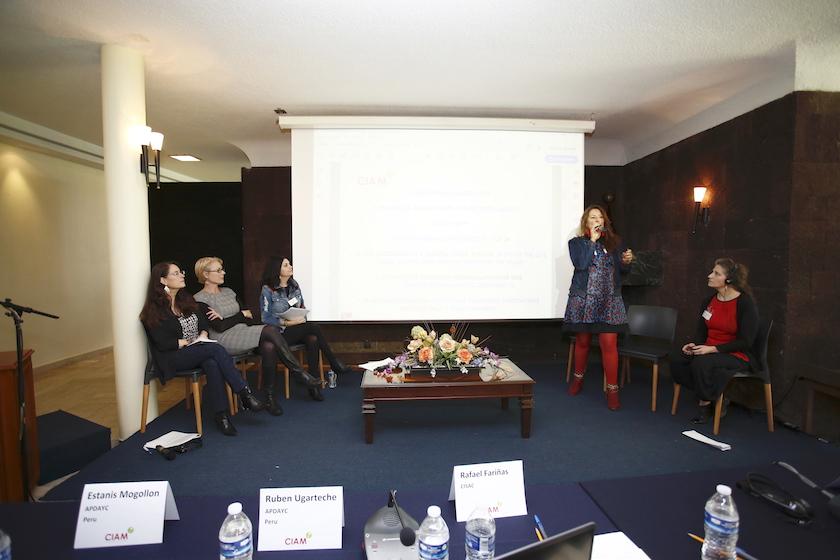
Another CIAM 3.0 pillar is to engage and include the upcoming generation of music creators. Exploring this, the panel focused on increasing audiovisual content for social media, make creators aware about how to protect as well as appreciate their music, and educate them on various aspects of their career (e.g., adding metadata, registering works). This aspect of educating individuals was echoed later on by CISAC’s incoming Regional Director for Latin America & the Caribbean Rafael Fariñas about the necessity to educate politicians and judges regarding copyright.
CIAM’s five alliances detailed their activities to the GA, informing delegates about efforts to train songwriters and composers about copyright, school education programmes, research, increased profiles in major industry conferences like Midem 2018, collaboration with OIF in Africa and more.
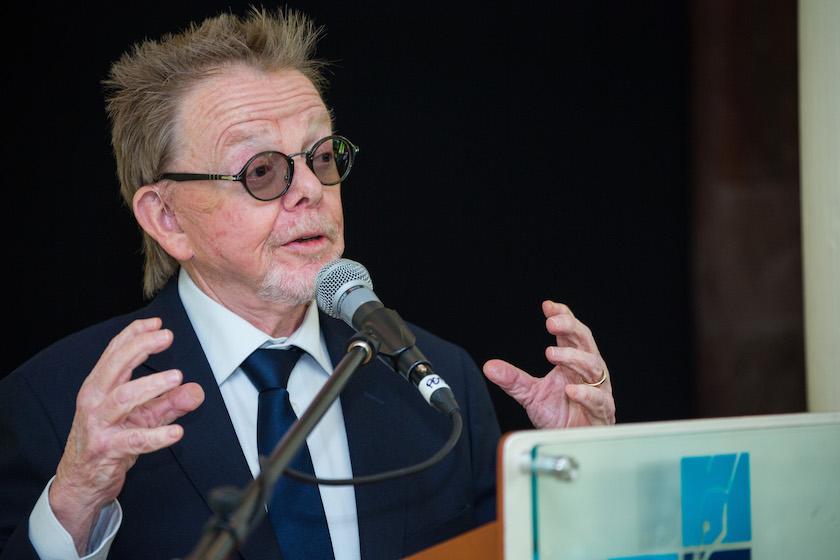
The Code of Good Practice in France was introduced by composer, SACEM Director and CIAM Executive Committee member Wally Badarou. It is a code that could be adopted by music creators and publishers to improve relations and cooperation between these members of the rights holder community.
The CIAM General Assembly also learned about new social media tools, such as Instagram, and communications initiatives to expand its reach towards new creators. CIAM's Working Groups on governance, metadata and technology, training and development, gender equity and Fair Trade Music reviewed their activities.
On the final day of the General Assembly, SACM held a private copying press conference for Mexican policymakers and local media. SACM called for enacting proper mechanisms to allow for collecting and distributing this key element of a music creators’ stream of revenues for building a sustainable career in music. CIAM Honourary President Lorenzo Ferrero cited the CISAC Private Copying Global Study as an essential tool to use in lobbying efforts to push forward effective private copying systems.
